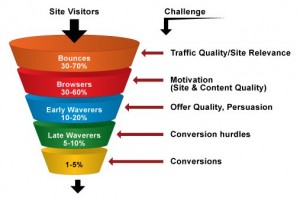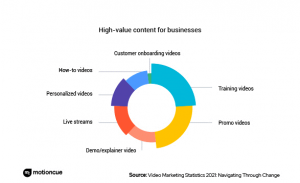— March 13, 2019
Data visualizations have the power to reveal connections we’ve never seen and display information in ways we haven’t imagined or perceived. Sometimes they can reveal life-changing (or lifespan-extending) discoveries, and sometimes they don’t reveal so much as they show us complex ideas in digestible ways.
An immersive, interactive data visualization called The Gyllenhaal Experiment explores hundreds of thousands of attempts by web users to correctly spell celebrity names in online searches. It doesn’t exactly reveal a major discovery, but it entertainingly and impressively illustrates an activity we all participate in – sloppily typing in a keyword and loosely but earnestly aiming at the correct spelling of the term.
Russell Goldenberg and Matt Daniels at The Pudding were inspired by a Sankey diagram of Reddit users’ misspellings of the last name of actor Jake Gyllenhaal to chart out the most common permutations of celebrity names in a test taken by readers.
The name “Britney Spears,” as it turns out, is easy enough – that is, until you get past the letters “B-r-i”. Believe it or not, 1% of people typed an “n” instead of a “t” at that point in the pop singer’s name.
Actor Zach Galifianakis fared similarly – “G-a-l” is smooth sailing, but from there, only 2.3 thousand of 14.4 thousand people trying to spell his name did so correctly.
Macaulay Culkin’s name didn’t fare any better, with permutations kicking in after the first letter of his first name; “M” was the only assured letter users keyed in, and from there, they entered either an “a” or a “c.”
Of course, actual keyword searches containing misspelled names of public figures are likely to yield suggestions if not results of the assumed intended keyword. Try it – see? Even if you were to type in “Britnoid Speares denim suit,” Google would suggest what its algorithms assume you mean, which is of course “Britney Spears denim suit.” Google guesses the intent behind your search, and we confirm our intent when we end up perusing 18-year-old paparazzi photos that the search results suggested.
The data-driven moral of this blog post is that the disparate and often incorrect nature of keywords entered into search engines makes search terms unreliable indicators of intent. Likewise, the active research and content consumption tracked by B2B intent data providers like Aberdeen are reliable signals of intent to make a purchase, because a user’s destination reveals intent whereas a misspelled step on the way to the destination can give off inaccurate motives.
You can’t and shouldn’t try to determine purchase intent from the average search volume of “business analytics” or “business anylitics,” but if you have or can purchase details about the users reading how-to guides for buying business analytics suite, you’re on the right path.
Do you know which specific companies are currently in-market to buy your product?
Wouldn’t it be easier to sell to them if you already knew who they were, what they thought of you, and what they thought of your competitors?
Good news – It is now possible to know this, with up to 91% accuracy. Check out Aberdeen’s comprehensive report Demystifying B2B Purchase Intent Data to learn more.
Business & Finance Articles on Business 2 Community
(70)
Report Post




